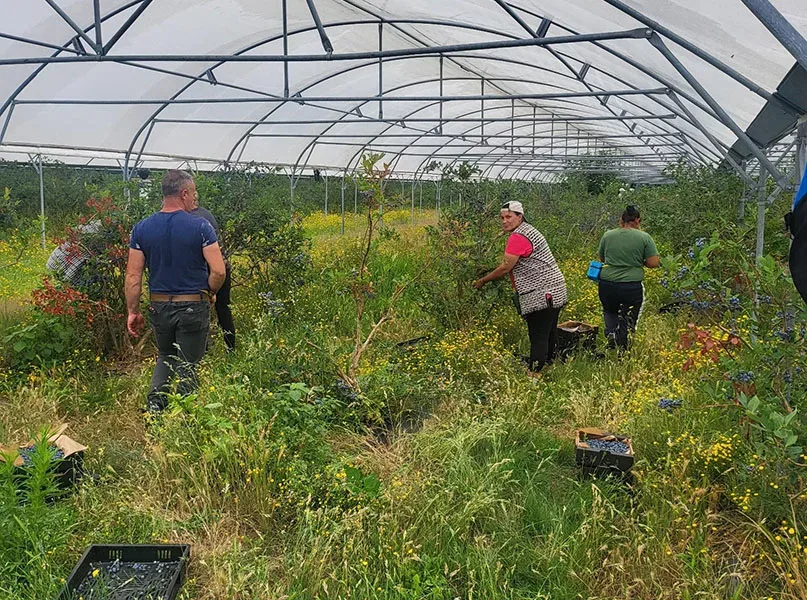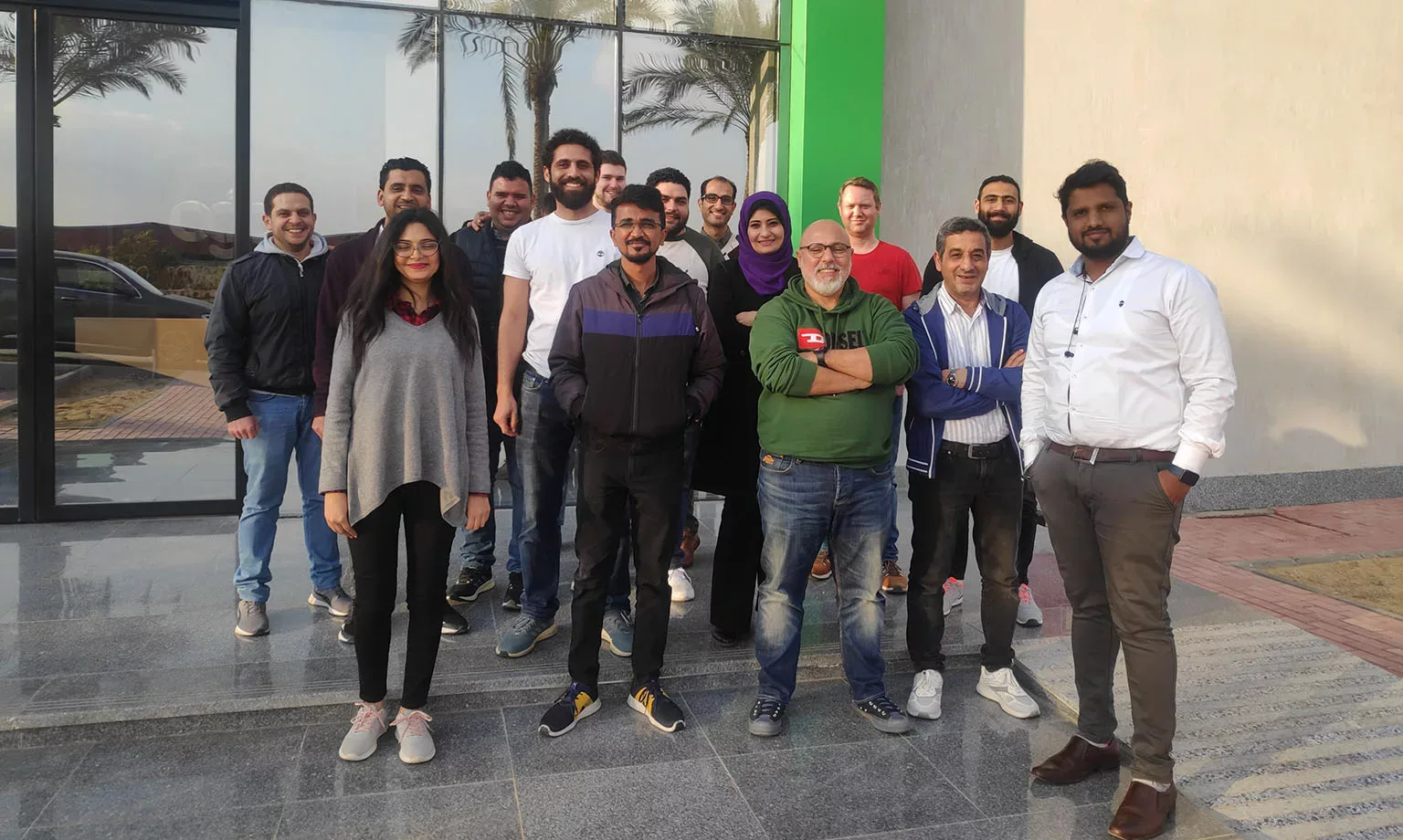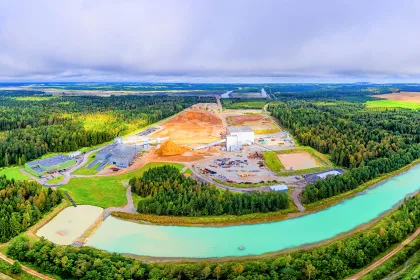Sanjay Borkar, CEO and co-Founder of FarmERP, discusses the challenges and opportunities of implementing Agriculture 4.0 in the Middle East and Europe.
Implementing Agriculture 4.0 in the Middle East and Europe heralds a new era of agricultural practices, integrating advanced digital technologies such as the Internet of Things (IoT), artificial intelligence (AI), blockchain, and big data analytics.
This transformation aims to revolutionise productivity, predictability, and profitability in farming by offering precise and efficient methods tailored to contemporary challenges.
This adoption journey is both fraught with challenges and ripe with opportunities unique to these regions.
OVERCOMING OBSTACLES
One of the foremost hurdles in implementing Agriculture 4.0 is the technical proficiency gap among the agricultural workforce. Many farmers and agribusinesses in the Middle East and Europe lack familiarity with modern digital tools, hindering their effective adoption and utilisation of Agriculture 4.0 technologies.
This gap not only limits the potential benefits of advanced agricultural methods but also poses a barrier to widespread adoption.
Furthermore, linguistic diversity in these regions complicates technology adoption. Effective translation and localisation efforts are crucial to ensuring local farmers and agribusinesses can understand and successfully implement digital tools.
Additionally, the absence of comprehensive enterprise resource planning (ERP) platforms tailored towards agriculture in the Middle East further complicates operations for agribusinesses. The fragmented software landscape makes it challenging to streamline operations and manage resources efficiently across the agricultural value chain.
Moreover, the initial costs associated with implementing advanced technologies such as IoT devices, AI-based analytics, and blockchain systems pose a significant financial barrier, particularly for small and medium-sized farms. Overcoming these financial constraints is essential to ensuring equitable access to the benefits of Agriculture 4.0 across the agricultural sector.

GROWTH OPPORTUNITIES
Despite challenges, Agriculture 4.0 presents numerous opportunities for growth and enhancement in the Middle East and Europe.
By addressing issues like water scarcity and optimising resource utilisation, these technologies have the potential to strengthen food security significantly. This not only enhances yield and quality but also ensures compliance with stringent food safety standards, crucial amidst growing global population pressures.
Precision agriculture harnesses the power of AI and IoT to closely monitor crop health and implement targeted interventions. By doing so, farmers and agribusinesses can ensure optimal growing conditions, resulting in higher-quality produce that meets stringent food safety standards.
This capability becomes increasingly critical as global populations grow, intensifying demand on already limited resources.
Additionally, precision agriculture practices play a crucial role in minimising environmental impact by optimising the use of fertilisers and pesticides. This is especially significant in delicate desert ecosystems, where maintaining ecological balance is essential for sustainable agricultural practices.

TRANSFORMATIVE POTENTIAL
Governments in the Middle East are increasingly recognising the transformative potential of Agriculture 4.0 and are initiating supportive measures. These include financial aid programmes, promoting public-private partnerships, and investing in R&D focused on Agriculture 4.0 technologies tailored to the region’s needs.
For example, in Saudi Arabia, a government initiative is piloting the use of AI-powered irrigation systems in desert farms. These systems analyse soil moisture and weather data to automatically adjust water application, potentially leading to significant reductions in water usage in a region facing water scarcity challenges.
Extension services and digital literacy programmes also play a pivotal role in bridging the technological divide. By educating farmers and agribusinesses on digital tools and helping them interpret data effectively, these initiatives facilitate informed decision-making and promote the adoption of Agriculture 4.0 technologies.
By addressing these barriers and leveraging innovations in blockchain and food-sensing technologies, these regions can foster sustainable agricultural growth and enhance productivity. Embracing Agriculture 4.0 promises to revolutionise farming practices, ensuring a resilient agricultural sector prepared to meet the demands of the future.


































